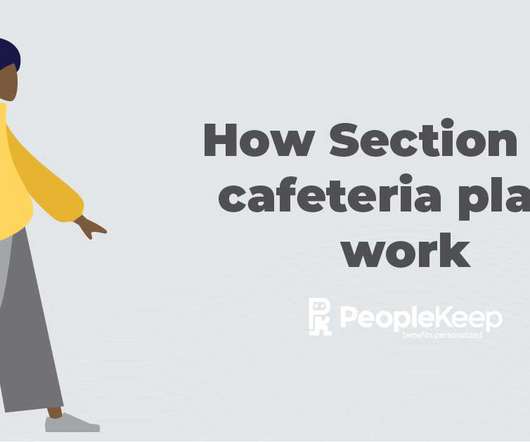5 ways to alleviate your employees' hesitations with choosing in an FSA
WEX Inc.
SEPTEMBER 7, 2023
Flexible spending accounts (FSAs) are a powerful tool for individuals and employers to save money on healthcare and dependent care expenses. Some individuals may be wary of reducing their take-home pay, especially if they are already on a tight budget.












Let's personalize your content